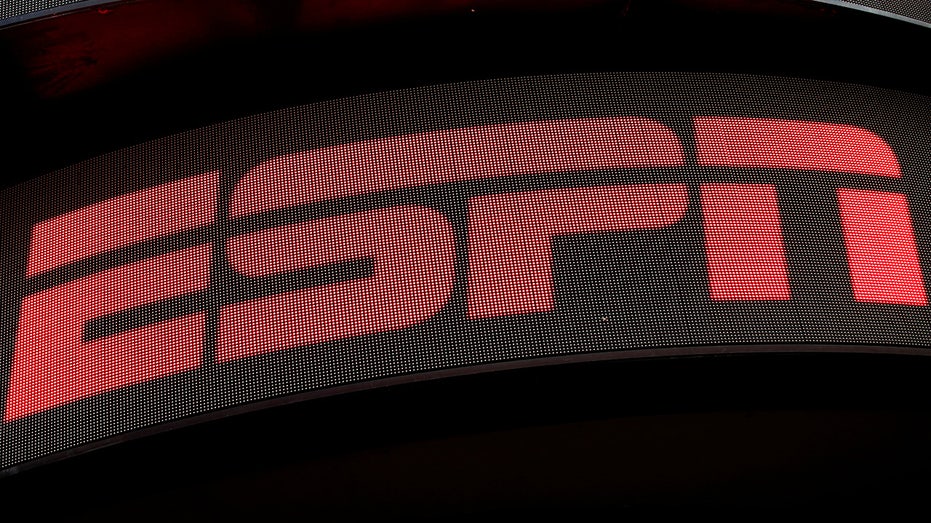
In the world of sports media, few shows have had the cultural impact of ESPN’s “Around the Horn.” After 23 years on air, its sudden cancellation has sparked intense debates among its former panelists, particularly Jemele Hill and Jay Mariotti. The disagreement revolves around claims that the show became ‘too woke,’ igniting discussions about the changes in sports commentary and media responsibilities.
Cancellation Sparks Controversy
ESPN announced the cancellation of “Around the Horn” during a routine programming update. This decision leaves many fans and commentators puzzled, given the show’s long-standing popularity and influence in sports journalism. Hill voiced her opinion that the show’s cancellation was a misstep, arguing that it often provided crucial commentary on social issues within sports.
On the other hand, Mariotti has taken a different stance. He supports the decision, stating that the show’s focus had shifted too far into discussions of social justice rather than sports itself. This split reflects a broader tension in the media landscape regarding content focus and audience expectations.
The ‘Woke’ Debate
The term ‘woke’ has become a battleground in cultural discussions. Some believe it signifies a heightened awareness of social issues, while others view it as a negative descriptor for what they see as extreme political correctness. In this case, Mariotti argues that the show’s pivot towards social justice themes alienated its core sports audience. He contends this trend could have contributed to lower viewership figures.
“Around the Horn” often featured discussions that extended beyond sports, touching on various societal issues. Hill maintains that these discussions enriched the show, allowing for a nuanced view of sports in today’s society. According to her, addressing social issues in sports helps audiences understand the broader context of athletes’ lives and the challenges they face.
Impact on Viewership
Data reveals that programming focused on social justice has seen fluctuating viewer ratings. While some segments resonate well with certain demographics, others have found it distancing. It raises the essential question: can sports commentary address social issues without alienating viewers?
Research from various media outlets indicates that as younger generations increasingly demand authenticity and transparency from brands and media outlets, traditional models of sports commentary may require significant reevaluation. Hill argues that the landscape is changing, and successful sports media must reflect that change.
A Future Beyond ‘Around the Horn’
As the dust settles on the cancellation, both Hill and Mariotti now face a crucial moment in their careers. Hill has a trajectory that seems to lean towards continued commentary on social issues within sports. Meanwhile, Mariotti’s path may emphasize a return to traditional sports narratives and commentary.
This cancellation raises critical questions about the future of sports commentary. Will shows integrate social issues into their framework, or will they revert to a more traditional model? The debate between Hill and Mariotti illustrates the challenges media faces amid evolving societal expectations.
Conclusion: A Polarized Future in Sports Media
The discussions surrounding the cancellation of “Around the Horn” serve as a microcosm of a larger dialogue about sports media’s direction. As the industry continues to grapple with these issues, the paths of former colleagues like Hill and Mariotti may diverge but also reflect a fundamental shift in how sports media engages with its audience.
As fans and commentators reflect on “Around the Horn,” the question remains: how do we define the future of sports commentary in an increasingly complex society?
Reference: Source Article

